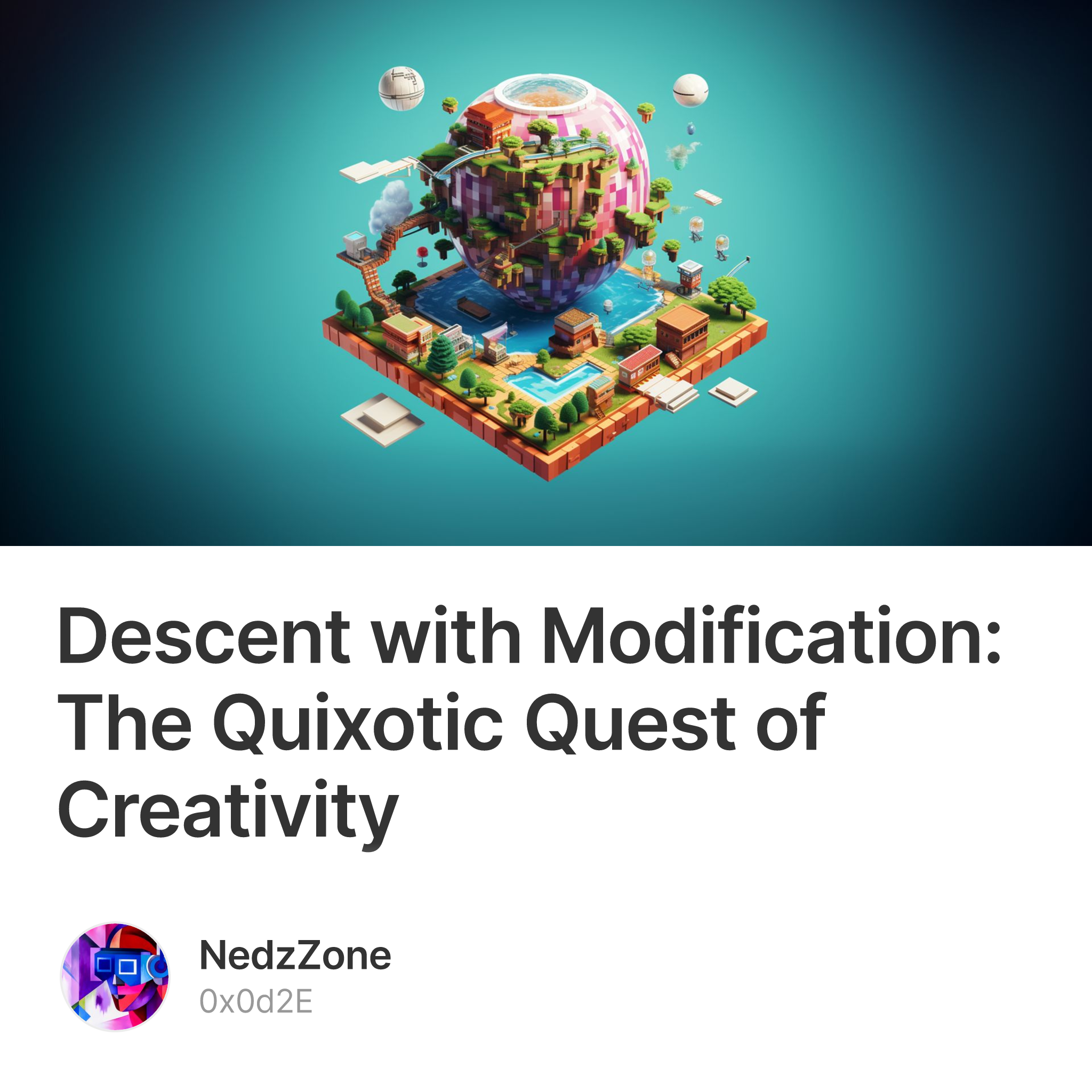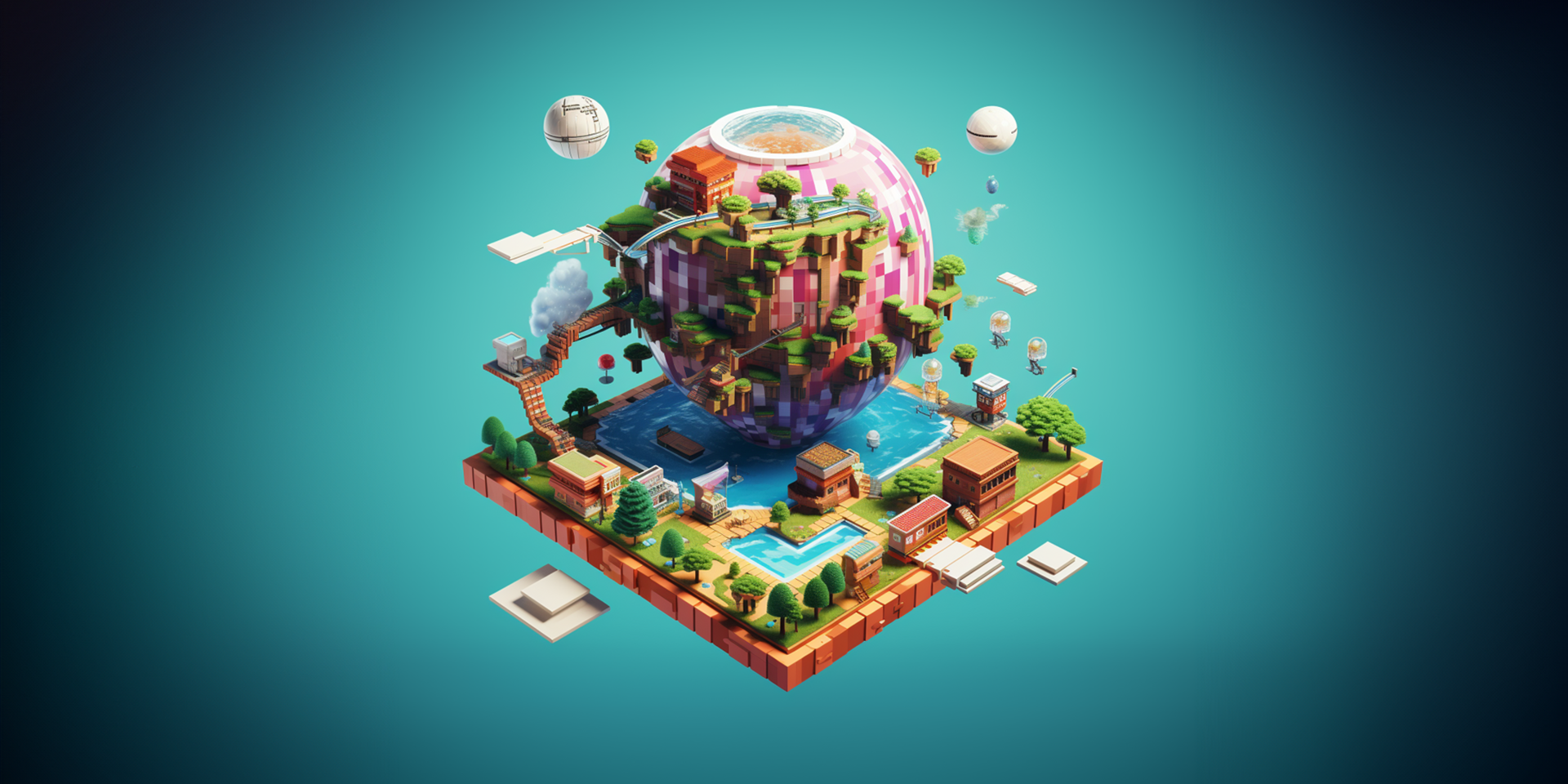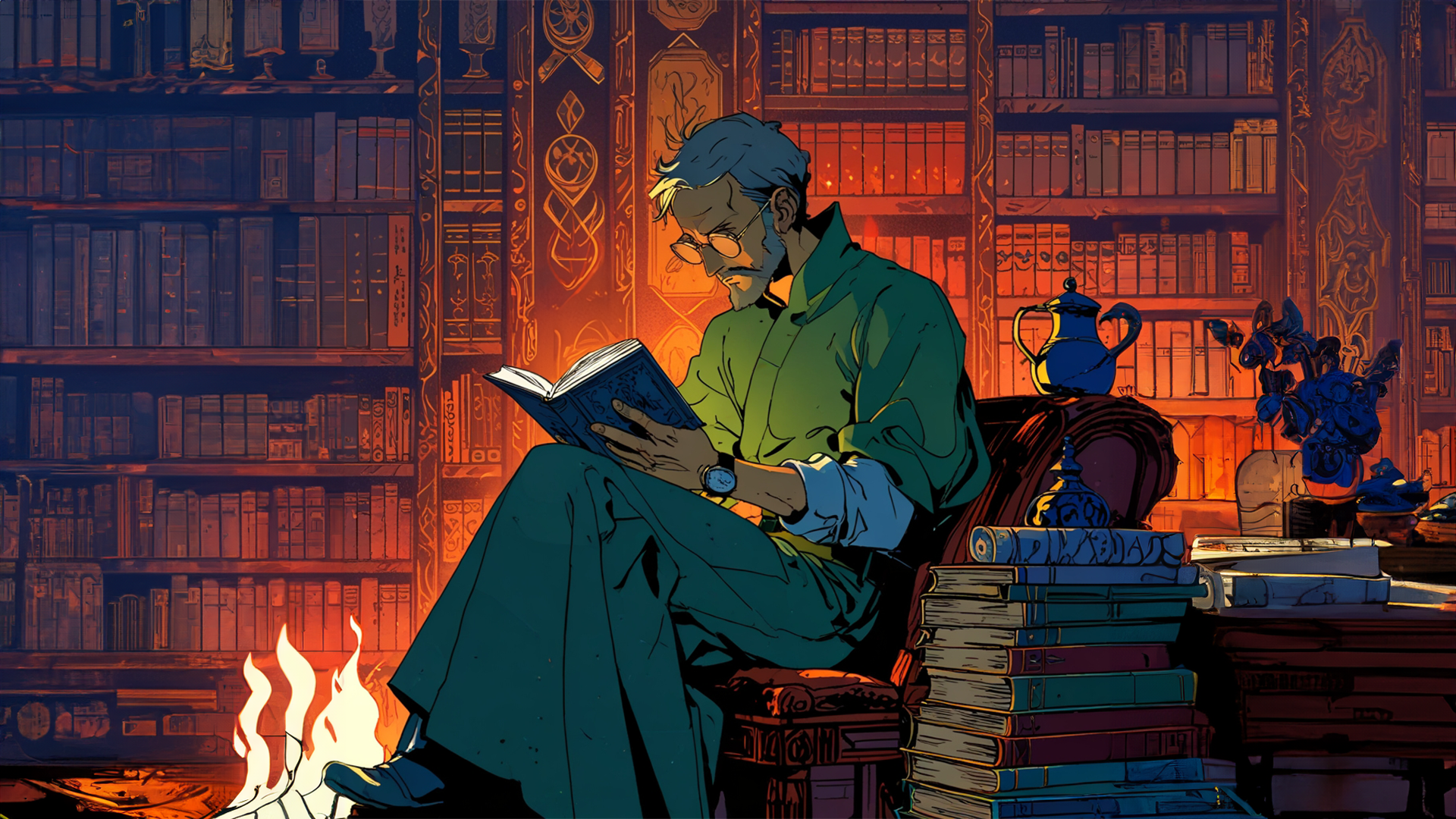
“Tech for the sake of humanity” & not for tech! Is it all for tech or tech for all? These are all famous literary citations that I can ironically play around with all day and make my head smile & pop! But the truth is, underneath all the performance I’m putting up for cheering myself up, lie concerns with no solid solutions. A silence is surrounding me with my phone in hand and my brain directed to endless distractions.
This is both good & bad, and I always tend to start with the bad news! When facing an open-ended situation, the solution is often beyond our control; outcomes are random and unpredictable. Let’s feel comfortable with the nature of life, right? However, the good news: RPGs are so fun, you just need to take on the role and figure things out. From the tabletop Dungeons & Dragons born in the American Midwest to the pixelated worlds of Japan’s Final Fantasy, we have so much desire for open-ended storytelling and personal agency. This approach allows us to explore, to make choices, to shape narratives — much like how we approach real-world problems and innovations. Believe it or not, life is a game!
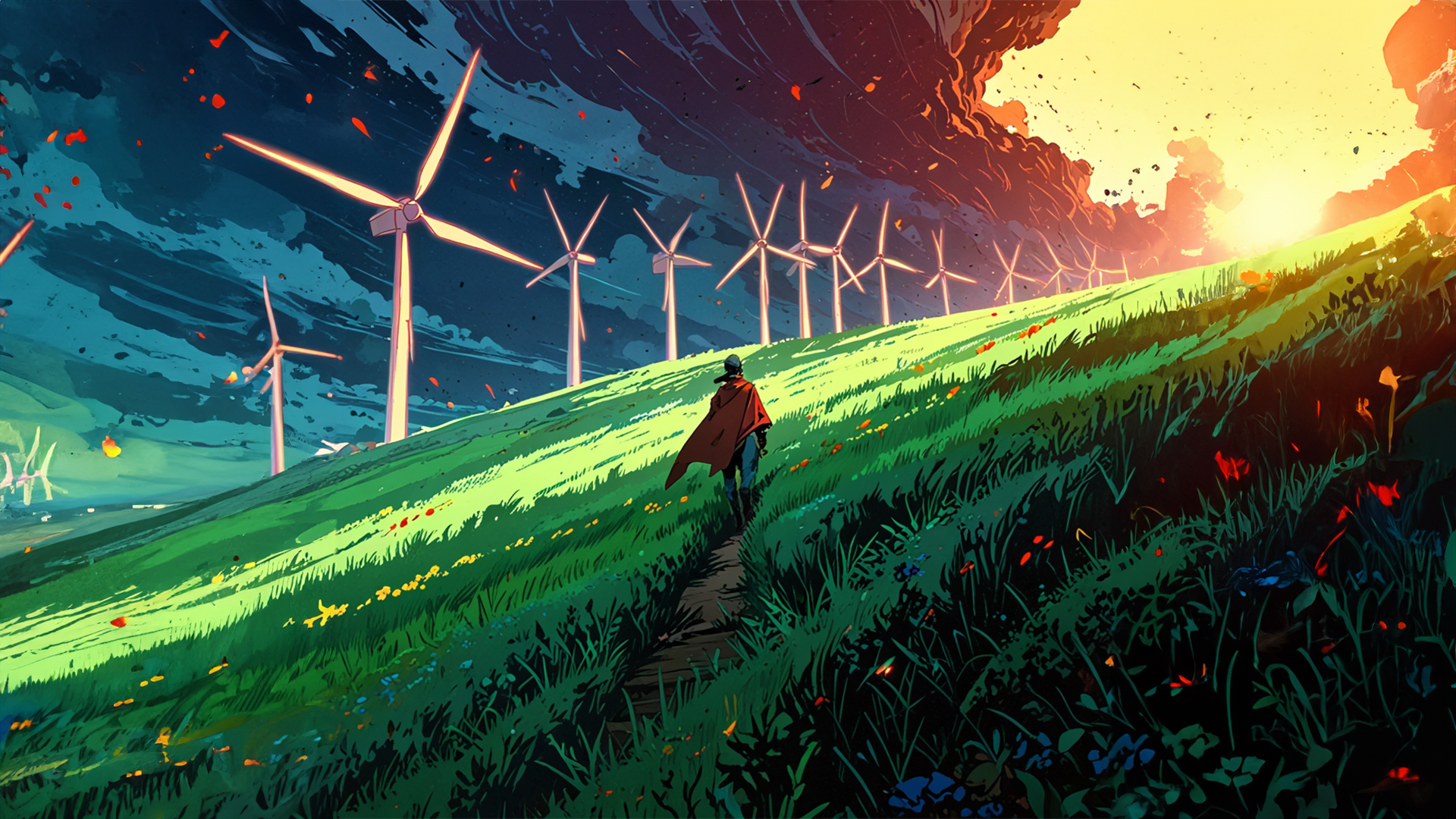
I started playing a game with myself a few days ago: I set myself in a world where nothing exists, like a blank project in Unreal Engine, even the floor & play actor were not there! Build a world from scratch, using no reference! This is the key part: what does no reference even mean? It’s like trying to imagine a color you’ve never seen before — an exercise in pure creativity.
One could argue that every story might start with a map, a geography that potentially shapes the DNA of the entire narrative. But is this always the case? Perhaps it’s just one possibility among many. Consider how the ancient Persian windmills reshaped energy production or how the internet has redrawn our global landscape. These ‘maps’ aren’t physical, yet they’ve profoundly influenced our world’s development.
This world-building approach led me into a thinking process: we are imitators, even the most innovative ideas we come up with are being built on top of an idea that already exists. Not calling myself a Darwinist, but I assume imitation is a key in human behavior. Darwin’s concept of “descent with modification” comes to mind — how species evolve by building upon what came before. Our creativity follows a similar pattern, doesn’t it?
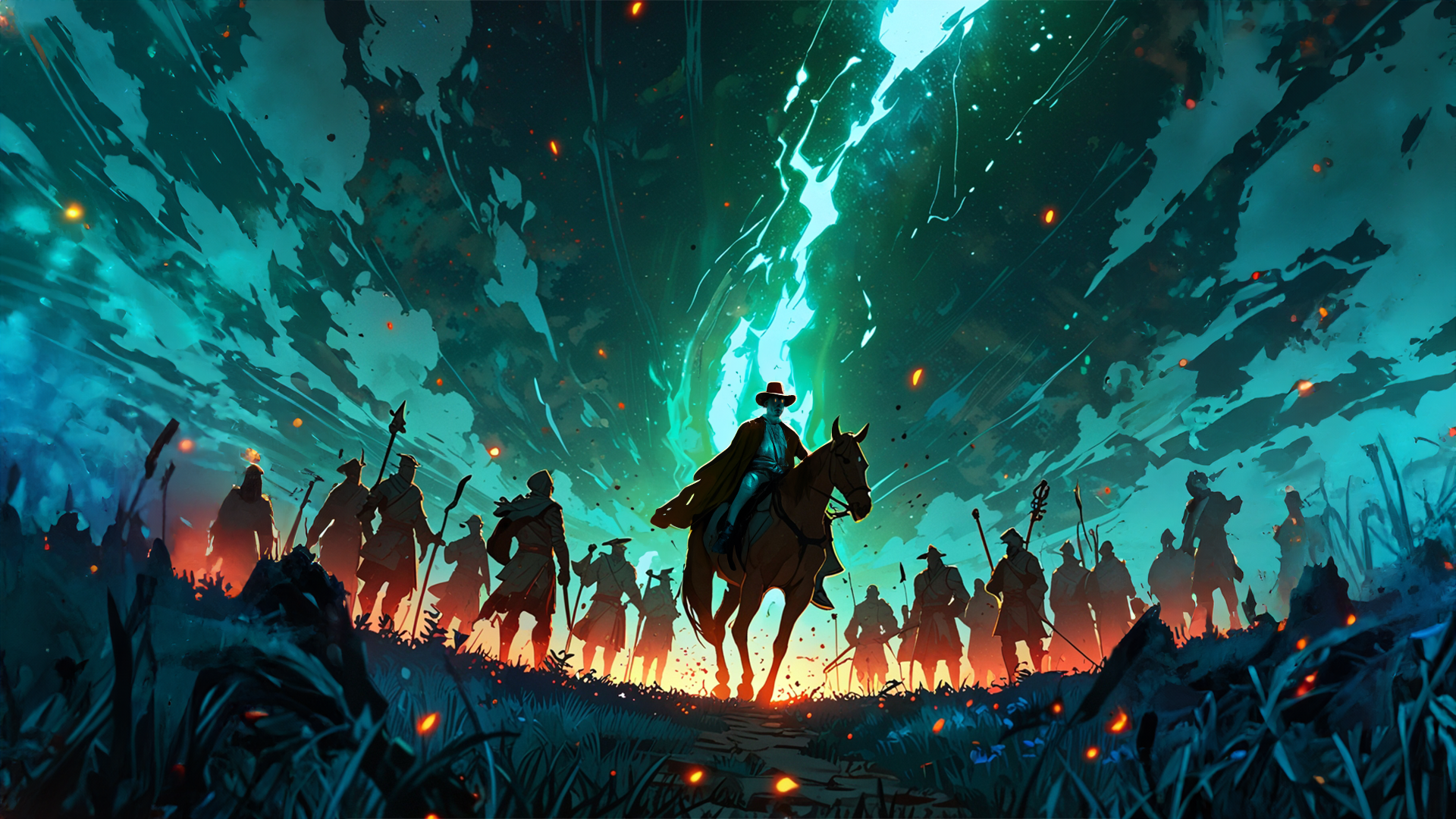
When this imitation starts to set in and we learn, there is where we start coming up with new ways of doing what we learned by imitating. & that’s what makes us human. The network grows out of a repetitive algorithm. Consider how Al-Khwarizmi’s work on algebra built on ancient Babylonian mathematics, transforming abstract concepts into a universal language of problem-solving. We take what exists, then transform it into something new, something uniquely human.
This dance between imitation and innovation is the heartbeat of human progress. We stand on the shoulders of giants, yes, but we also leap from those shoulders into unknown territories. Like Don Quixote tilting at windmills, it’s in our nature to chase impossible dreams, which might sound crazy in the first place, but in doing so, we push the boundaries of possibility.
“Art for the sake of Art.” Does this also apply to technology? Perhaps it’s not about tech for tech’s sake, but about the human touch we bring to it. From the first cuneiform tablets to virtual reality experiences, we’ve always used technology to express our humanity in new ways.
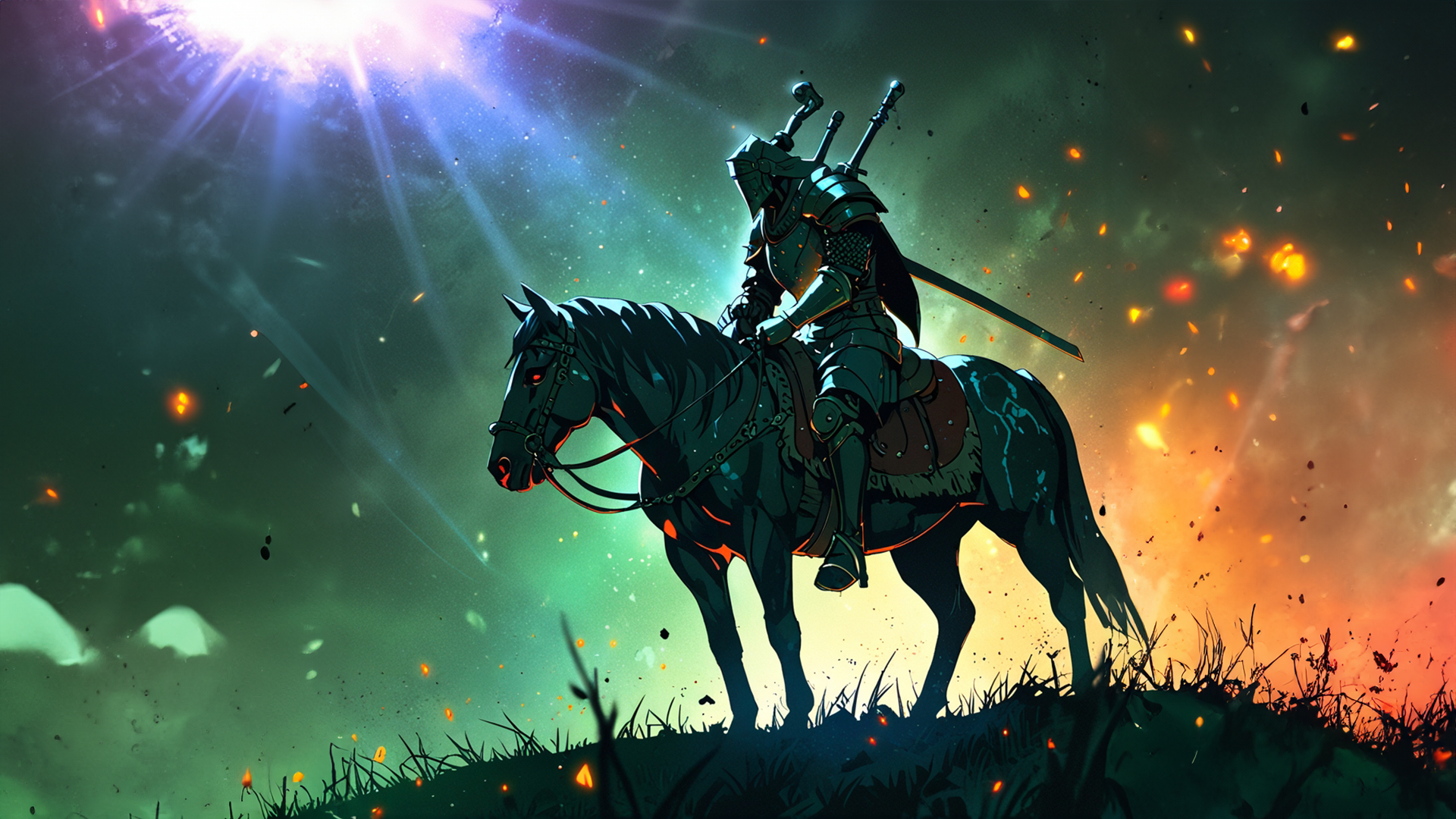
As I keep wondering, I’m reminded of the open-ended nature of progress. There may not be solid solutions to my concerns, but in this stream of consciousness, in the flow of ideas and experiments, we find the essence of human creativity. And isn’t that, after all, the most exciting game we can play?
This isn’t just “A Mark on The Wall.” As an artist, these reflections are part of my ongoing process of thinking, writing, creating, sharing & experimenting. They’re the raw material from which new ideas emerge, the seeds for my willow root. Perhaps, I am seeking a deeper level of discourse, where I believe technology should not be separate from our nature, and where we felt it is going in the opposite direction, that’s where we need to connect the streams of our thoughts to find harmony between technology, art, and human experience.
Embrace your “being”!
